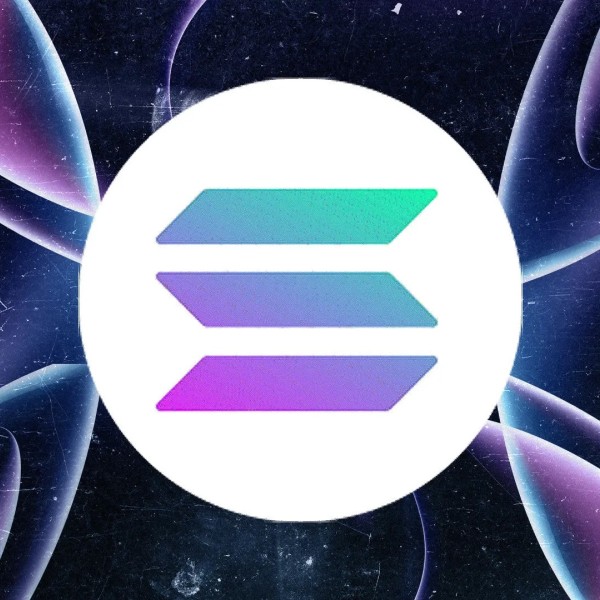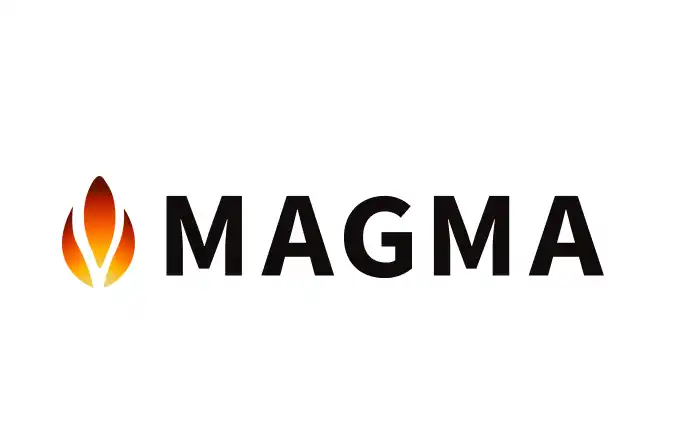JPMorgan unit developing blockchain-based platform to tokenize carbon credits
Key Takeaways
- JPMorgan's Kinexys is partnering with major registries to launch a blockchain platform for tokenizing carbon credits.
- Tokenization aims to improve transparency, efficiency, and liquidity in the voluntary carbon market.
JPMorgan’s blockchain and digital asset unit Kinexys is developing a new blockchain-powered infrastructure for carbon credit tokenization, according to a Wednesday report .
A carbon credit represents one ton of CO2 removed or avoided, usually from forestry or renewable energy projects. Tokenized credits are digital carbon offsets recorded on a blockchain.
In partnership with three major carbon registries, including S&P Global Commodity Insights, EcoRegistry, and the International Carbon Registry, the team is launching a pilot to create digital tokens tied to credits listed in registry systems overseen by the three companies and trace their lifecycle end-to-end.
Alastair Northway, who oversees natural resources strategy at JPMorgan Payments, said in a statement that tokenization could create a global system that builds trust in infrastructure and improves transparency, boosting market liquidity.
JPMorgan stated that carbon markets face challenges including inefficiencies, lack of standardization, transparency, and market fragmentation. The bank suggests a single tokenized carbon ecosystem where credits are seamlessly portable between sellers and buyers could help address these issues.
JPMorgan’s recent report on digital assets and carbon markets states that carbon is an asset class ready to mature as infrastructure improves and innovation progresses. However, the bank cautioned that failure to do so could further erode trust and demand in a market that has contracted and stagnated over the past two years.
The bank also notes that past tokenization efforts have raised concerns about market integrity, particularly risks such as double-counting and trading retired credits.
Disclaimer: The content of this article solely reflects the author's opinion and does not represent the platform in any capacity. This article is not intended to serve as a reference for making investment decisions.
You may also like
Unveiling Solana's "Invisible Whale": How Proprietary AMMs Are Reshaping On-Chain Trading
The rapid rise of proprietary AMMs on Solana is no coincidence; rather, it is a logical and even inevitable evolution as the DeFi market pursues ultimate capital efficiency.

XRP Reenters Global Top 100 With Market Cap Near HDFC
Quick Take Summary is AI generated, newsroom reviewed. XRP has entered the Top 100 Global Assets at $181.8B XRP trades at $3.05 showing strong annual growth and volume activity XRP has surpassed companies like Adobe, Pfizer, and Shopify in valuation ETF filings and Ripple’s U.S. banking license could boost XRP adoption Japan’s banks and RippleNet partners highlight growing global use of XRPReferences $XRP reenters the top 100 global assets by market cap.
Solana Treasury Fund, operated by Sharps Technology, and Pudgy Penguins have announced a strategic partnership
Through this partnership, Pudgy Penguins' top-tier IP will be combined with STSS's institutional-grade Solana vault, creating a brand-new interactive opportunity for retail and institutional users.

Magma Finance Officially Launches ALMM: Sui's First Adaptive & Dynamic DEX, Pioneering a New Liquidity Management Paradigm
Magma Finance today officially announced the launch of its innovative product ALMM (Adaptive Liquidity Market Maker), becoming the first Adaptive & Dynamic DEX product on the Sui blockchain. As an improved version of DLMM, ALMM significantly enhances liquidity efficiency and trading experience through discrete price bins and a dynamic fee mechanism, marking a major upgrade to the Sui ecosystem's DeFi infrastructure.

